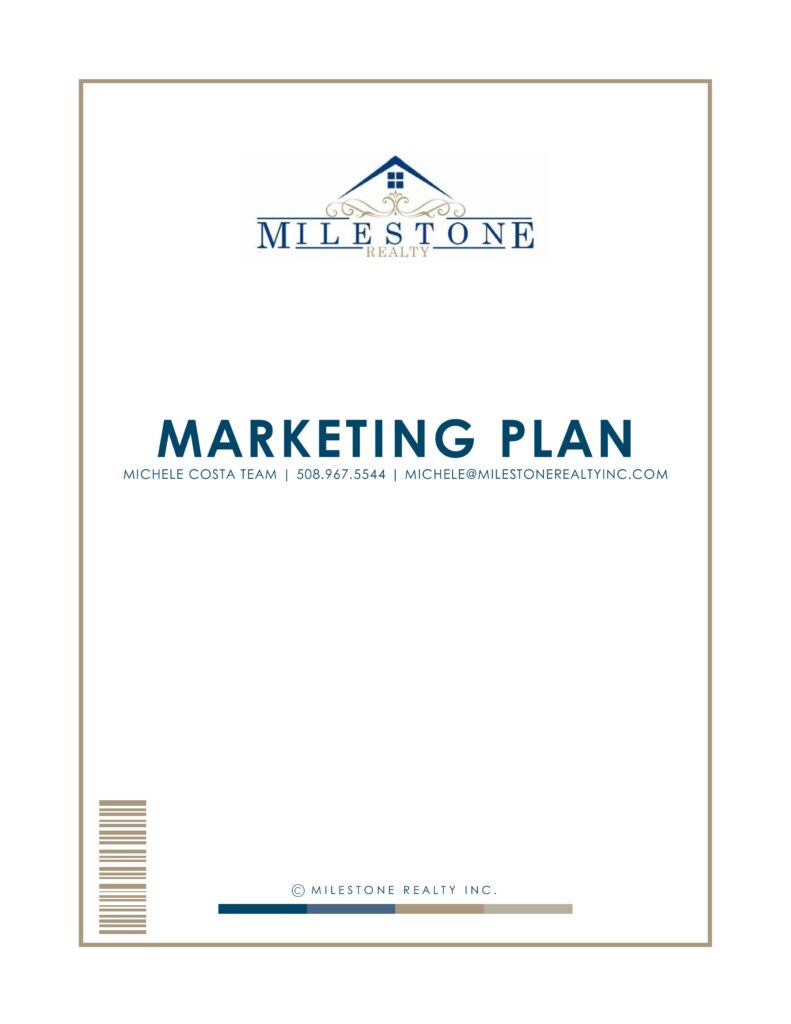When selling your home, the excitement of moving forward often comes with questions about the financial side of the process. One key aspect that often surprises sellers is the collection of fees known as closing costs. These expenses, paid at the conclusion of a real estate transaction, are essential to finalizing the sale and ensuring all parties are compensated for their roles. Knowing what to expect can help you prepare and avoid surprises, making your sale as smooth as possible.

Breaking Down the Basics of Closing Costs
Closing costs represent a range of fees that sellers are required to pay at the conclusion of a home sale. These fees encompass various services and taxes needed to finalize the transaction. For most sellers, the largest component of closing costs is the commission paid to real estate agents. Typically ranging between 5% and 6% of the home’s sale price, this fee is split between the buyer’s and seller’s agents.
Other key expenses often include title-related fees. Sellers generally cover the cost of a title search, which ensures that the property’s ownership is clear of any disputes or liens before transfer. Title insurance may also be paid by the seller, protecting the buyer from future claims against the property. Additionally, attorney fees might be necessary in states where legal representation is required for closing.
Some sellers also encounter fees for escrow services, which involve a neutral third party managing the funds and paperwork throughout the sale. Transfer taxes, recording fees, and prorated property taxes can also contribute to the total. In some cases, sellers may negotiate with buyers to cover a portion of their closing costs, further adding to their financial obligations.
Understanding the breadth of potential expenses upfront can help you plan effectively, ensuring a seamless path to finalizing your home sale.
The Importance of Title and Escrow Services
Two of the most critical components of closing costs are title and escrow services. These services ensure the transaction is legally sound and that the funds and documents are securely handled. Title services focus on verifying that the property’s title is clear of disputes or liens, while escrow services manage the exchange of money and paperwork between buyer and seller.
A title company performs a title search to confirm there are no legal claims, such as unpaid debts or ownership disputes, that could impact the buyer. If no issues are found, the company may issue a title insurance policy, which protects the buyer and their lender against future claims. Sellers are often responsible for paying for the title search and a portion of the title insurance, depending on local customs.
Escrow services play a different but equally important role. An escrow agent, acting as a neutral third party, ensures that all conditions of the sale are met before funds and the deed are exchanged. This might involve collecting payments, confirming the completion of any agreed-upon repairs, or handling the final recording of the sale with the local government.
While these fees vary by location, they are essential to ensuring the confidence of both buyer and seller in the transaction. Knowing their purpose can help you prepare for their role in closing costs.
The Role of Taxes and Government Fees
Taxes and government fees are often overlooked but can significantly impact a seller’s closing costs. Transfer taxes are one of the most common government-imposed costs. Charged by local or state authorities, these taxes are applied whenever property ownership is transferred. The exact amount varies by location, with some areas charging a flat fee and others calculating the tax as a percentage of the sale price.
Recording fees are another potential cost. These fees cover the administrative expense of updating public records to reflect the property’s new ownership. Although these amounts are typically modest, they are required to finalize the transaction legally.
Sellers should also be mindful of prorated property taxes. If the sale occurs mid-year, sellers might be responsible for paying a portion of the year’s taxes up until the closing date. In some cases, this amount is deducted from the proceeds at closing.
Understanding these government-related expenses is crucial for accurate financial planning. Consulting with your real estate agent or attorney can clarify the specific fees applicable in your area and ensure there are no surprises at the closing table.
Real Estate Agent Commissions and Their Impact
Real estate agent commissions often account for the largest portion of a seller’s closing costs. This fee is typically calculated as a percentage of the home’s sale price, with the standard range between 5% and 6%. The commission is usually split between the buyer’s and seller’s agents, compensating them for their expertise, negotiation skills, and marketing efforts.
For sellers, the commission is deducted from the sale proceeds, which means it’s important to account for this expense when setting expectations for net earnings. While the percentage may seem significant, hiring a skilled agent can provide value that far outweighs the cost. Agents help position your home competitively in the market, attract qualified buyers, and negotiate favorable terms to maximize your return.
It’s also worth noting that commission rates aren’t set in stone. In some cases, sellers may negotiate a lower rate, particularly in high-value markets or when agents are confident the property will sell quickly. However, it’s essential to weigh any potential savings against the level of service and expertise offered.
By understanding how commissions work and the value they bring, sellers can approach this significant cost with confidence, knowing they are investing in a successful transaction.
Pre-Sale Costs and Repairs to Consider
While not strictly part of closing costs, pre-sale expenses play a critical role in determining the financial outcome of your home sale. Staging, professional photography, and strategic marketing efforts are common investments sellers make to ensure their property stands out in the competitive real estate market.
Repairs and upgrades are another consideration. Addressing issues such as outdated fixtures, cosmetic wear, or structural concerns can increase your home’s appeal and prevent negotiation hurdles later. While minor repairs may be manageable, larger projects like replacing a roof or upgrading appliances can become significant costs.
Additionally, the buyer’s inspection process may reveal issues that weren’t initially addressed. Buyers often request that these problems be resolved or negotiate for credits to cover the costs, creating additional financial obligations for the seller. Proactively addressing potential inspection concerns before listing can help mitigate these expenses and streamline the sale process.
Being prepared for these pre-sale costs allows sellers to approach the market with confidence, knowing they have positioned their homes to attract the best offers.
Negotiating Seller Contributions
In certain scenarios, sellers may agree to cover some of the buyer’s closing costs to facilitate the sale. These contributions are often used as a negotiating tool, helping buyers manage their upfront expenses and making the property more attractive.
Seller contributions can take various forms, from covering a portion of the buyer’s loan origination fees to paying for their title insurance or escrow services. While these costs add to the seller’s expenses, they can also create advantages, such as securing a quicker sale or attracting higher offers in a competitive market.
It’s important to evaluate the financial impact of offering such incentives. A well-structured negotiation can balance these concessions against other terms, such as a higher sale price or a reduced inspection period. Your real estate agent can help determine whether offering seller contributions aligns with your goals and market conditions.
Strategically leveraging seller contributions can lead to a smoother transaction and potentially more favorable overall outcomes, depending on your specific circumstances.
Moving Forward with Confidence
Closing costs are an unavoidable part of selling your home, but understanding their components can help you navigate the process with confidence. From agent commissions and title services to government fees and potential seller contributions, each expense contributes to completing the transaction.
If you’re ready to sell your home and would like expert guidance through every step of the process, reach out today to start the conversation.


